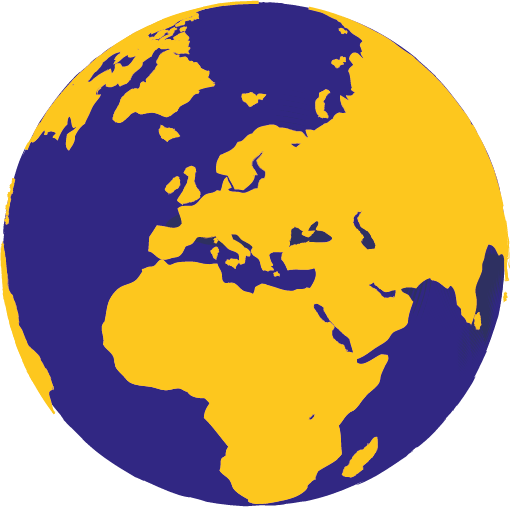Institutions are never a suitable care option for any child, including refugee and migrant unaccompanied children. Yet, despite dedicated efforts and significant progress towards deinstitutionalisation across Europe in recent years, institutional care is too often the default response to unaccompanied migrant, asylum-seeking and refugee children.
Our new report, Rethinking care: Improving support for unaccompanied migrant, asylum-seeking and refugee children in the European Union, is the result of collaboration between Lumos Foundation and a steering committee made up of UNHCR, UNICEF and IOM. It maps and assesses the forms of care provided to unaccompanied migrant, asylum-seeking and refugee children in six European Union Member States: Bulgaria, France, Italy, Greece, the Netherlands and Spain.
More than 200,000 unaccompanied children applied for asylum in the EU between 2015-2018, and significantly more unaccompanied children entered the region during this time without applying for asylum. Our research shows that, while there are some positive examples of quality care for unaccompanied migrant, asylum-seeking and refugee children in the six EU Member States, most of these children are accommodated at some point in care with an institutional culture.
All children have a right to care and protection irrespective of their asylum or migration status or nationality. The development of family and community-based care is essential to ensure that children are protected and their rights are upheld.


